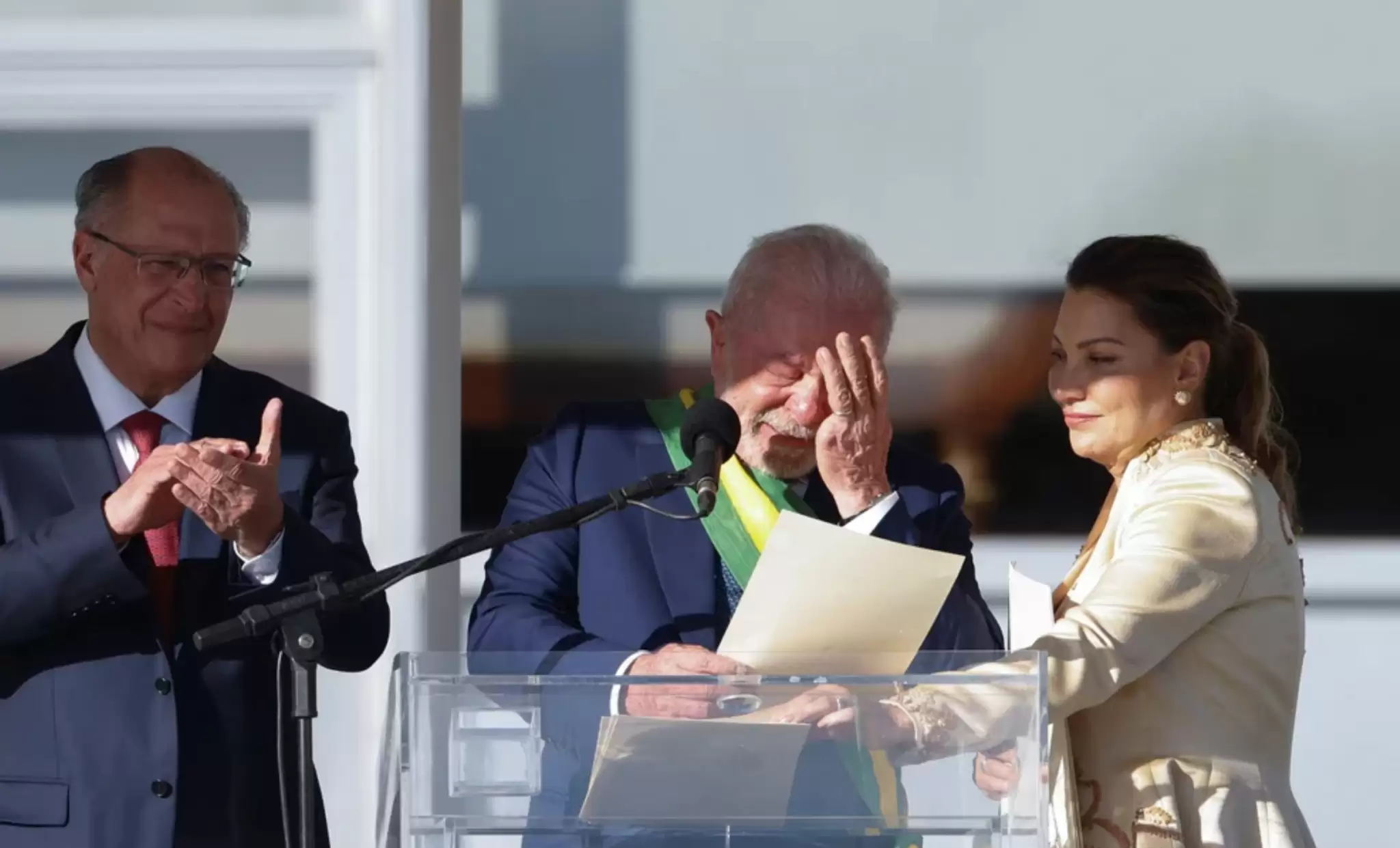There is sufficient agreement among Brazilian analysts that the recent assault on the buildings of the public authorities has the immediate effect of opening a window of opportunity in favor of the government of President-elect Luiz Inácio Lula da Silva. Where there is less consensus, however, is regarding the dimension and time frame of that window.
The broad rejection of the assault has been shown in the institutional sphere and in the streets of the main cities, where a firm hand has been demanded against the rioters. But other data are less coincident. The vote of condemnation in the Senate went ahead without the favorable vote of the pro-Bolsonaro senators. Likewise, in several states, there have also been demonstrations by Bolsonaro’s supporters in favor of the release of those arrested in the events condemned by the authorities of the three branches of government.
As for the duration of that window of opportunity, everything indicates that it is quite uncertain. A significant part of this depends on Lula’s handling of the crisis and its reverberations in other fields, for example, among the economic actors. The demand for political stability from these sectors will weigh on the economic team of the new Minister of Finance, Fernando Haddad, who faces the challenge of recovering the country’s macroeconomic balance.
There is also a demand from the radical sectors of the left, which also inhabit the Workers’ Party (PT) and which propose to take advantage of the coup attempt to take a leap forward in a program of class confrontation. However, it is unlikely that Lula will embark on this forward flight.
If the new president rules out this radical way out of the crisis, the dilemma he faces comprises two possible perspectives: to govern knowing that Brazil is radically divided and try to reunify it, as he promised on the night of the election results, or to govern in spite of the existing division, but trying to disguise or dodge it. Both options have their own reasons.
Governing by attempting to surf polarization can start from several assumptions. One, very frequent, is to hope that time will calm tempers, which would make its success dependent on the development of a good general government by the new president. However, there is another, more resounding argument: to consider that reunification is not possible.
That is the orientation of several academic analysts. An article by Andres Malamud, from the University of Lisbon, stated that in polarized societies there cannot be popular presidents, and argues that the only thing that can be aspired to in these societies is that “the hatred of half of the population is expressed at the ballot box and, peacefully in the streets, but not in the palaces of government”(for this, he took as a reference the thesis of Timothy Power, professor at Oxford). In short, to accept that polarization is inevitable and to try to keep it within peaceful limits.
This not-very-edifying forecast may be the most realistic, but it means assuming that Lula’s promise to reunify the country is only a chimera, because, regardless of his will, it is unattainable. However, accepting that the division of society is insurmountable means accepting that it is impossible to debate on different worldviews that would make it possible to achieve new sociocultural consensus. Or, at least, very widespread majorities in this regard, something that would imply denying the possibility of citizen deliberation, the result of a communicative process, as proposed by the German sociologist Jürgen Habermas.
Let us hope that Lula does not abandon the challenge of reunifying Brazil through the impulse of citizen deliberation, which would be supported by the execution of a good government. Keeping that promise would not only raise the hope of a less violent Brazil but also bring some possibility of conceiving a less threatening 21st century.
*Translated from Spanish by Janaína Ruviaro da Silva













